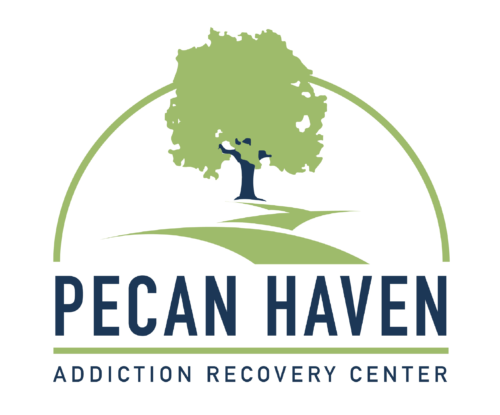Sleep is an incredibly important part of our lives. Typically, we spend about one-third of our lives asleep– which is a good thing, considering that our bodies need to rest, repair, and recharge every night.
If you’ve ever experienced insomnia or other sleep problems, you’re acutely aware of just how necessary sleep is for healthy everyday functioning.
How does a lack of sleep affect the body?
In addition to just feeling tired, grumpy, and having difficulty focusing, a lack of sleep can cause serious health problems that can potentially have lifelong effects.
If you’re not getting enough sleep, you’re putting yourself at risk of various heart problems, like high blood pressure and heart disease. You might also be at an increased risk of diabetes or stroke.
Plus, a lack of sleep can negatively impact your reflexes– which can result in car accidents and other injuries. In fact, prolonged lack of sleep affects your brain just as much as drinking alcohol. So if you’ve been awake for 17-24 hours, your ability to drive safely is similar to that of someone who’s been drinking alcohol.
Reportedly, being awake for 24 hours mimics the side effects of having a 0.10% blood alcohol level– which is higher than the national legal limit of 0.08% blood alcohol content.
How does a lack of sleep affect the brain?
Sleep deficiency doesn’t just affect the body– it very much impacts the brain, as well.
Lack of sleep can increase your likelihood of developing anxiety and depression, plus other mental health problems– even mania, paranoia, or psychosis.
If you already deal with any mental health problems, a sleep deficiency can increase your symptoms.
How does a lack of sleep relate to substance abuse?
People who deal with depression, anxiety, and other mental health problems are at an increased risk of substance abuse problems.
This is because substance use (and abuse) can help people self-medicate to manage their mental health symptoms, providing temporary relief along with the long-term side effects of substance abuse.
However, substance abuse and sleep problems go hand in hand.
In fact, someone who’s struggling with addiction is more likely to have problems with sleep, causing increased mental health symptoms– and someone who’s having sleep problems is more likely to develop mental health symptoms that put them at higher risk of substance abuse and addiction.
Addiction and sleep are inextricably linked, and as long as someone’s having problems with one, the symptoms leading to the other will likely only increase– forming a cycle that can be very difficult to get out of.
When to seek help
Typically, it’s time to seek help with both mental health problems and addiction problems when they’re negatively impacting your ability to deal with your daily life.
If you’re having problems with your personal relationships, having a difficult time controlling your substance use (like feeling unable to stop), or having a hard time with work or school, it might be time to seek medical help from a doctor or an addiction treatment facility.
At Pecan Haven, we’re here to help you get your life back on track from substance abuse. If you’re ready to get help, call us at 318-600-3333 or fill out our online assessment today.
